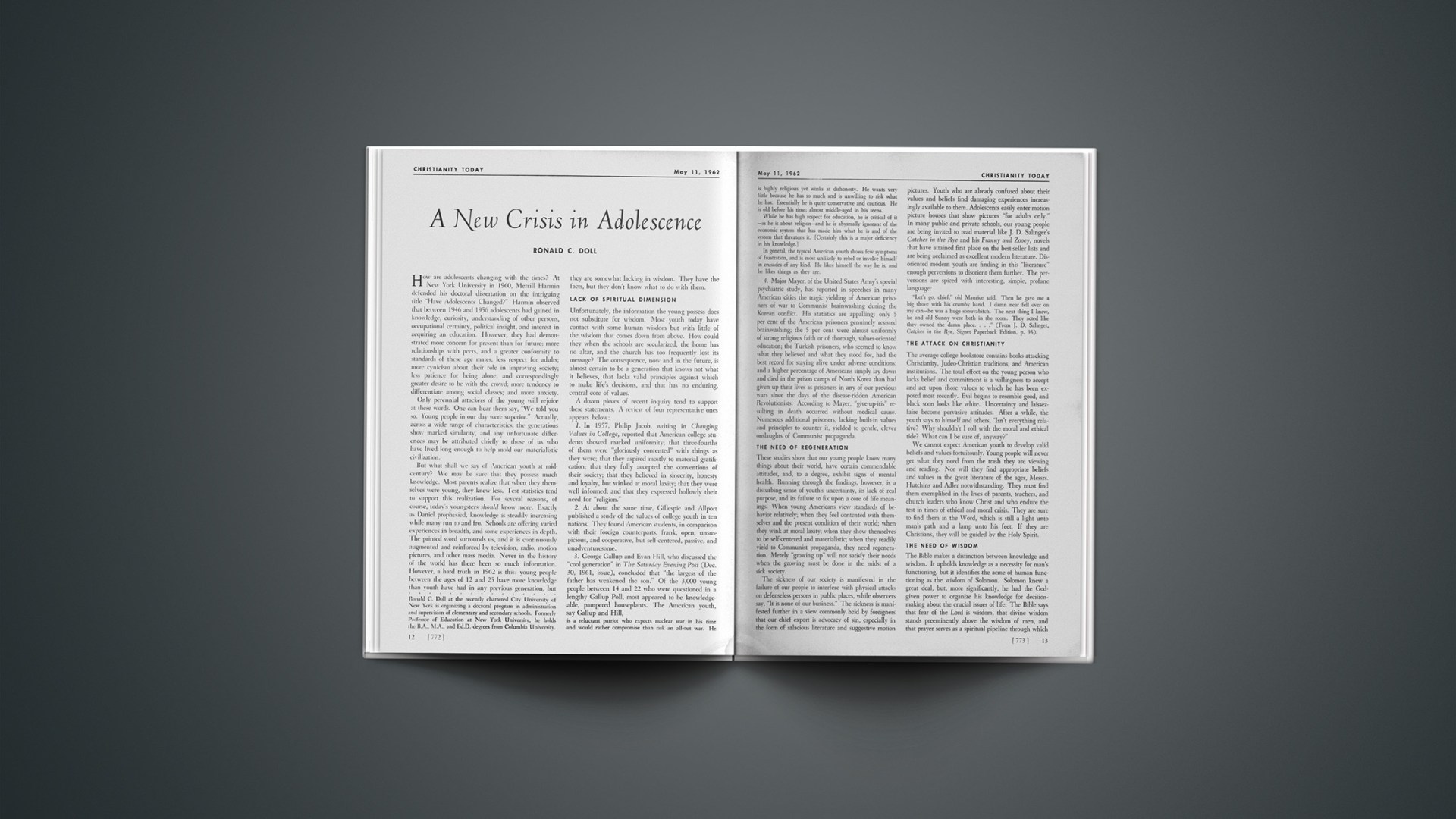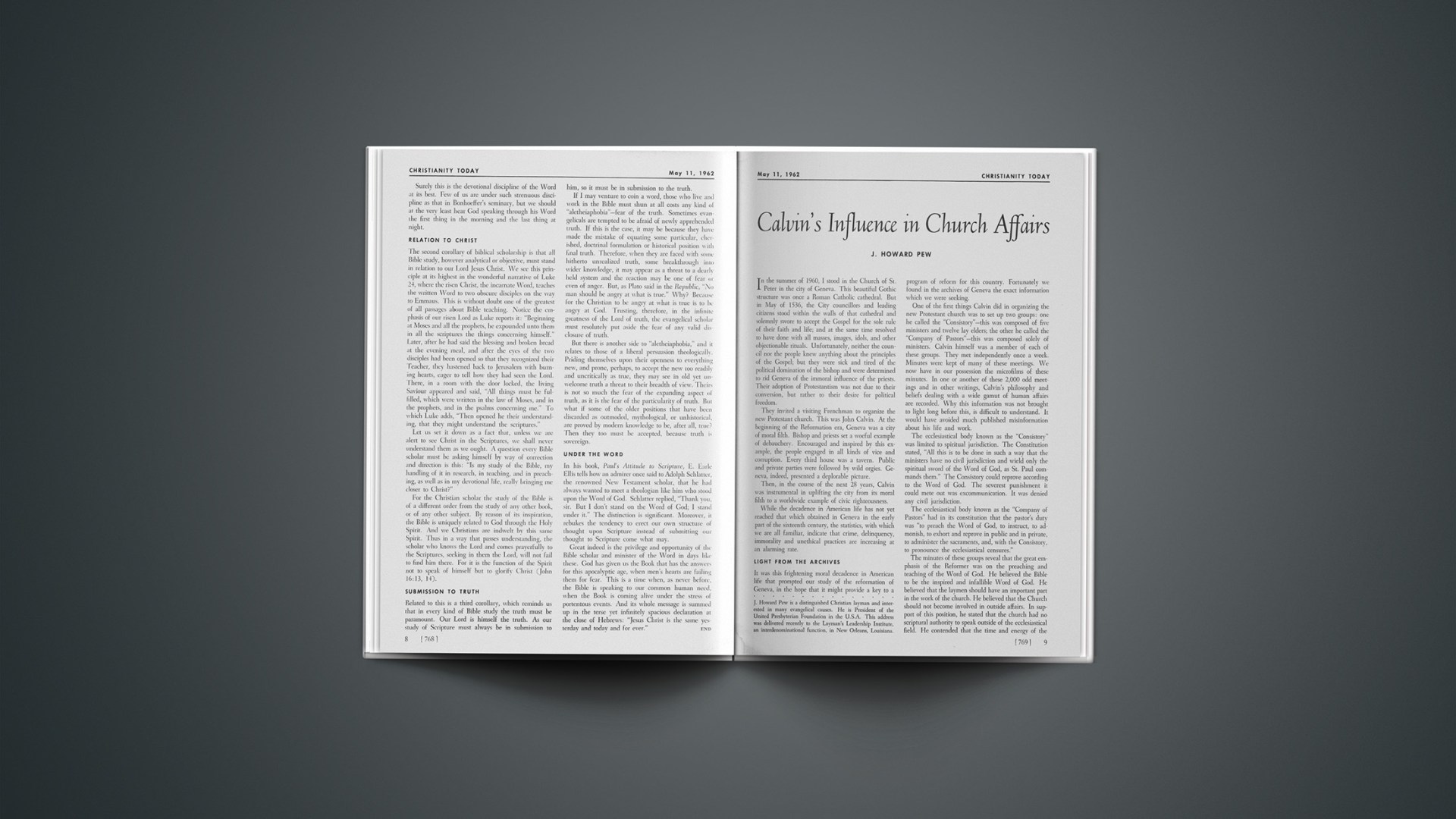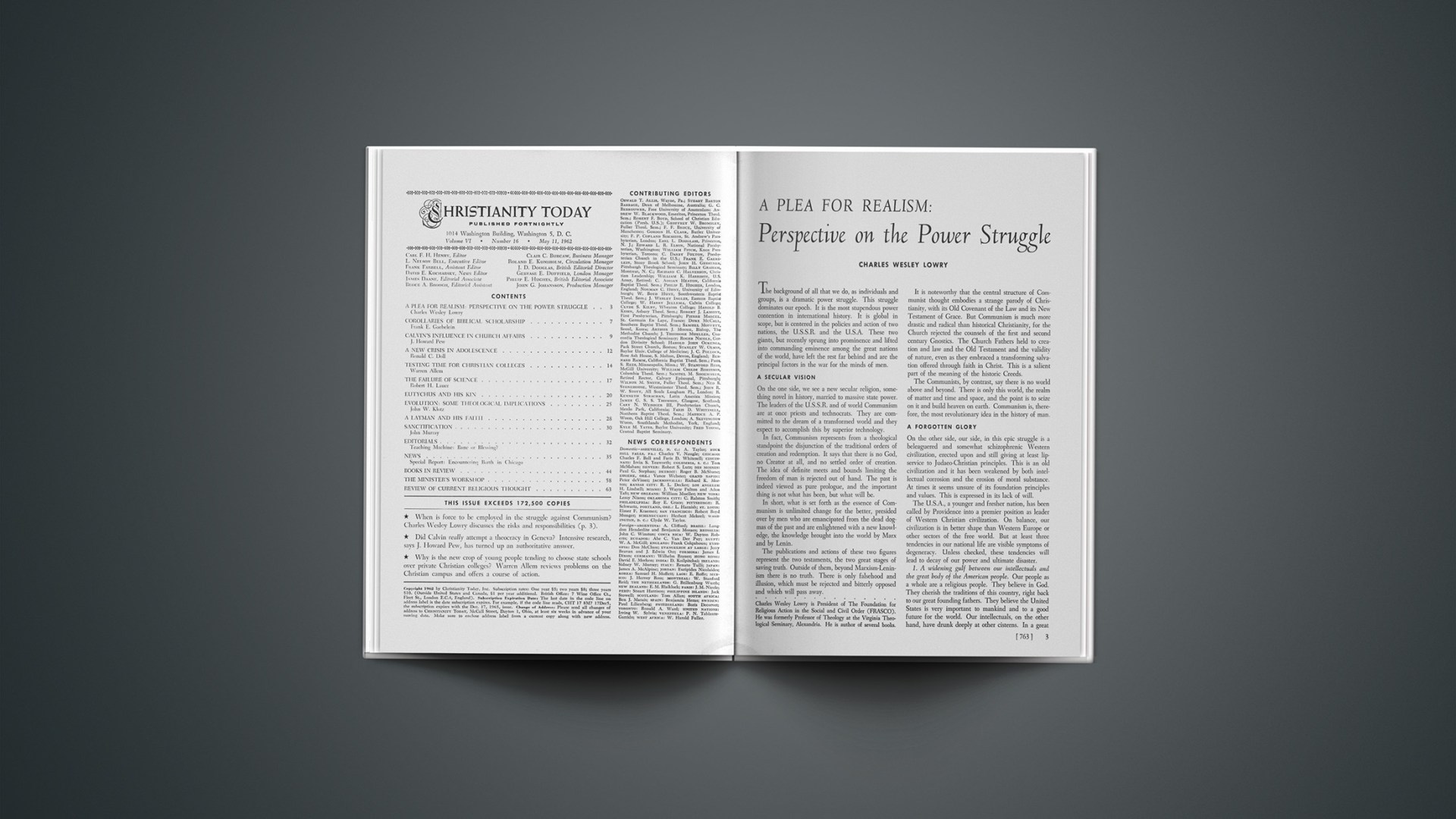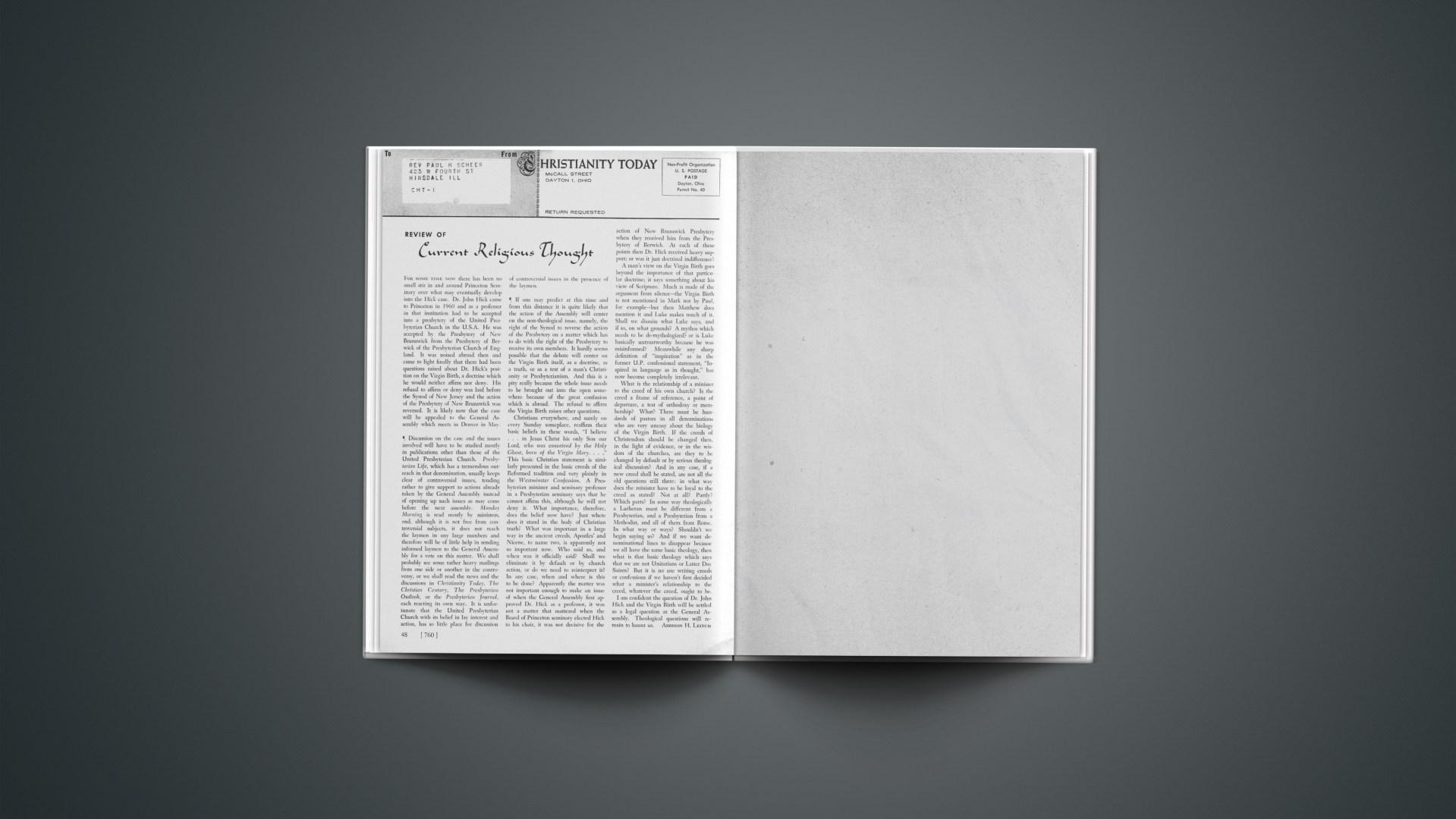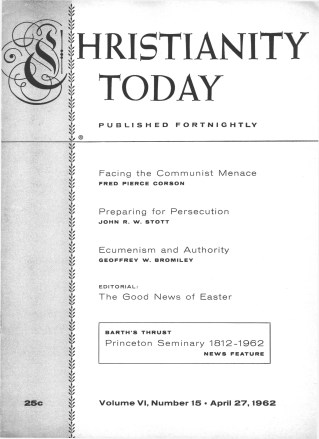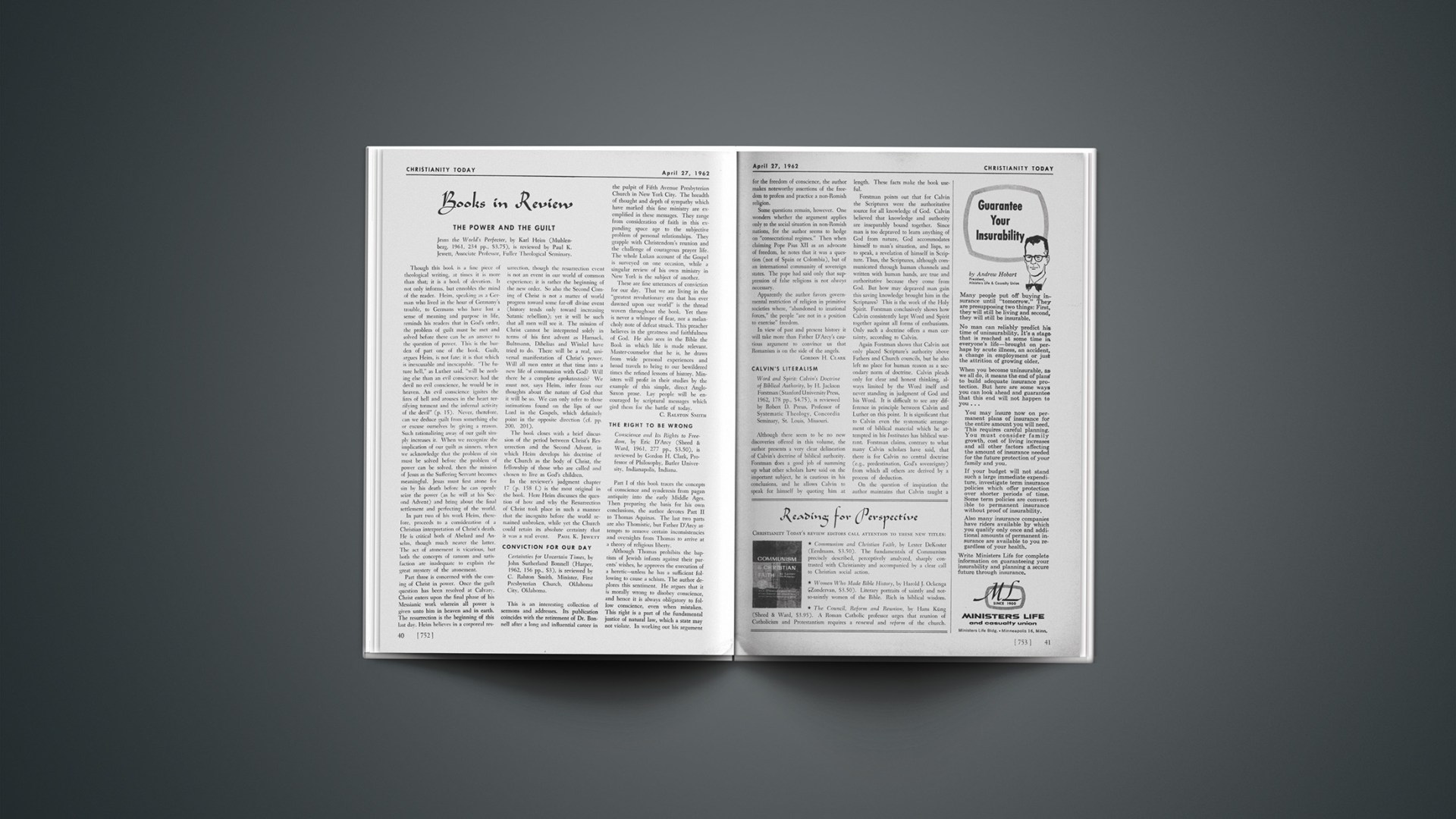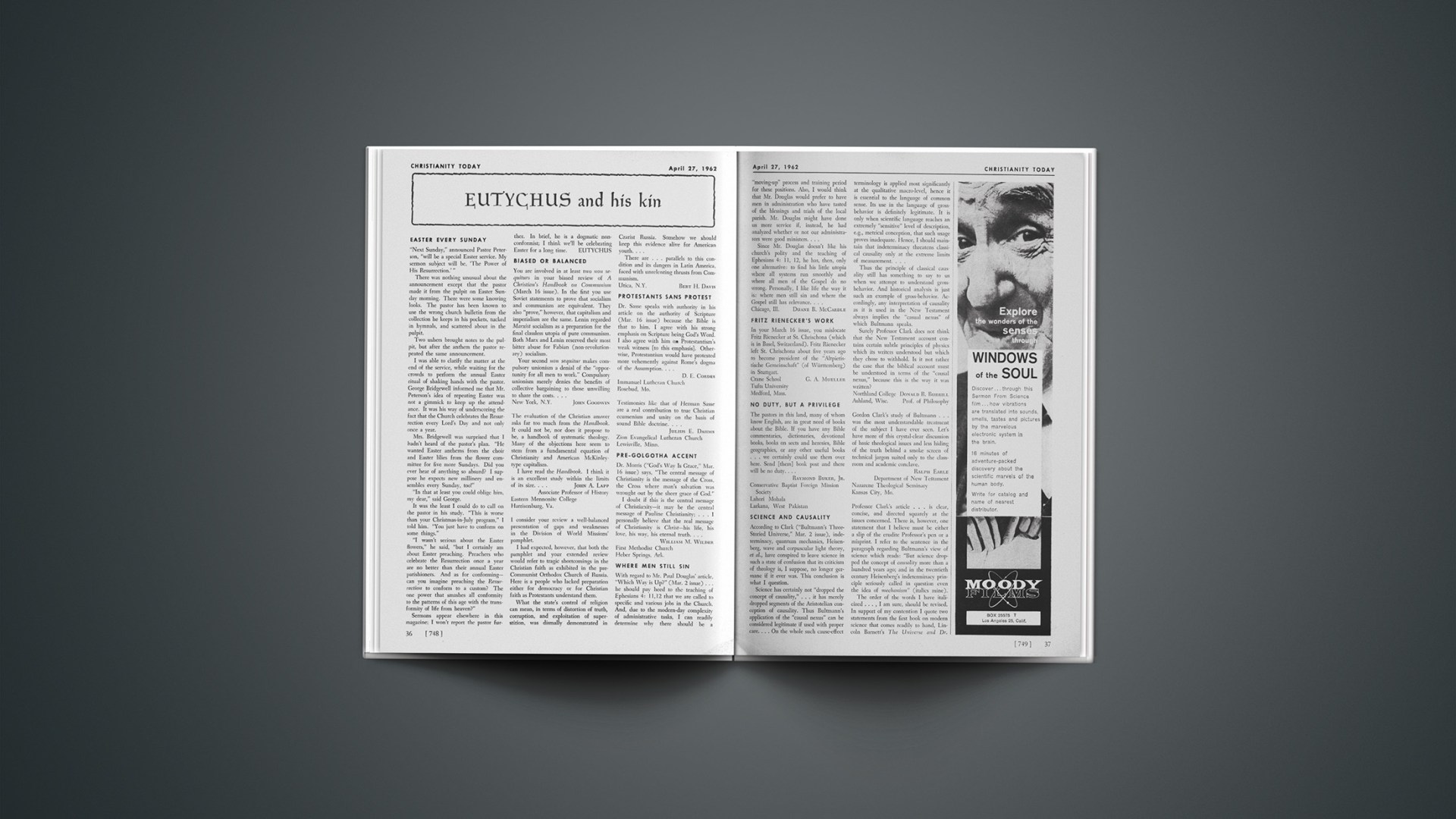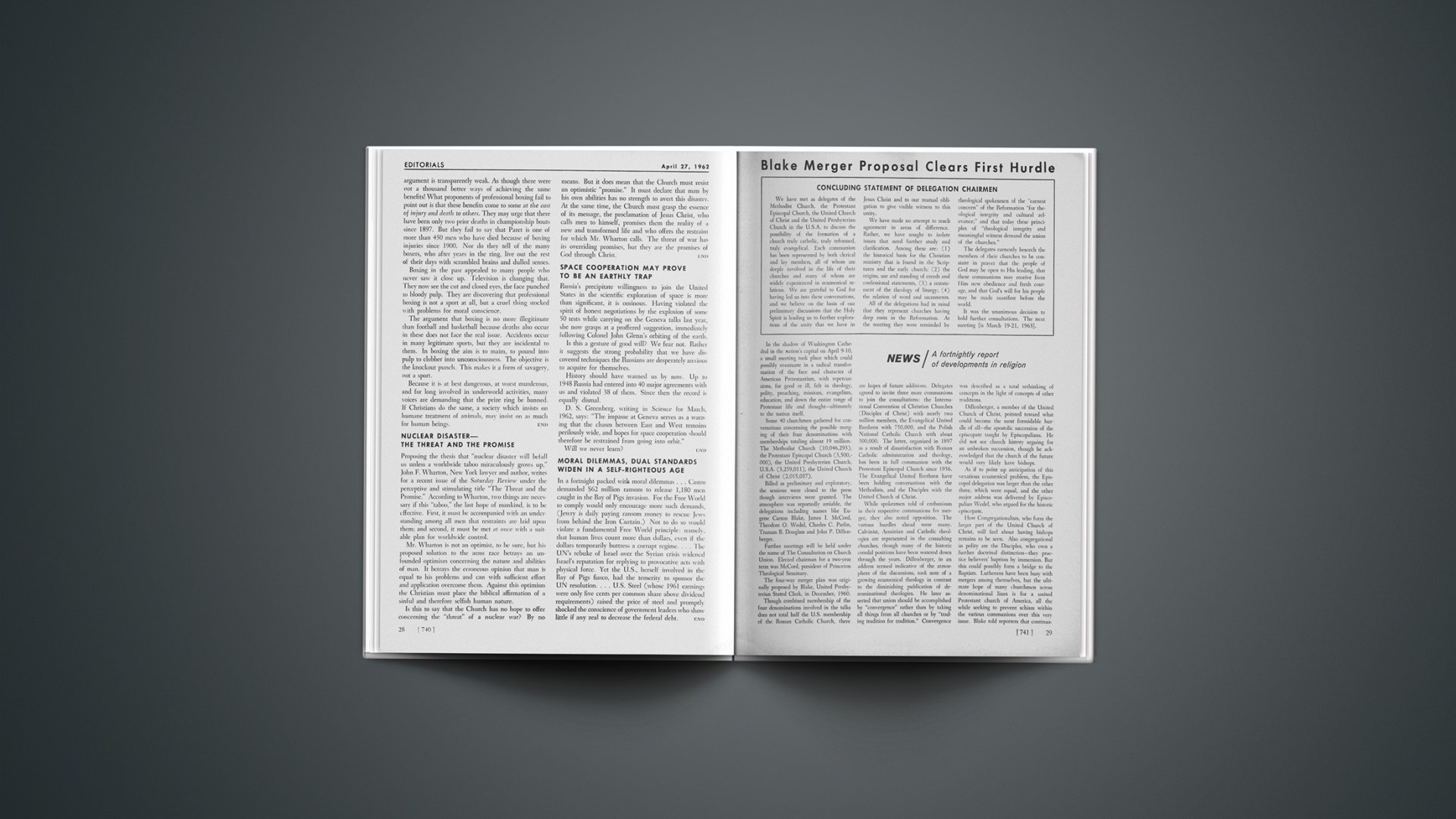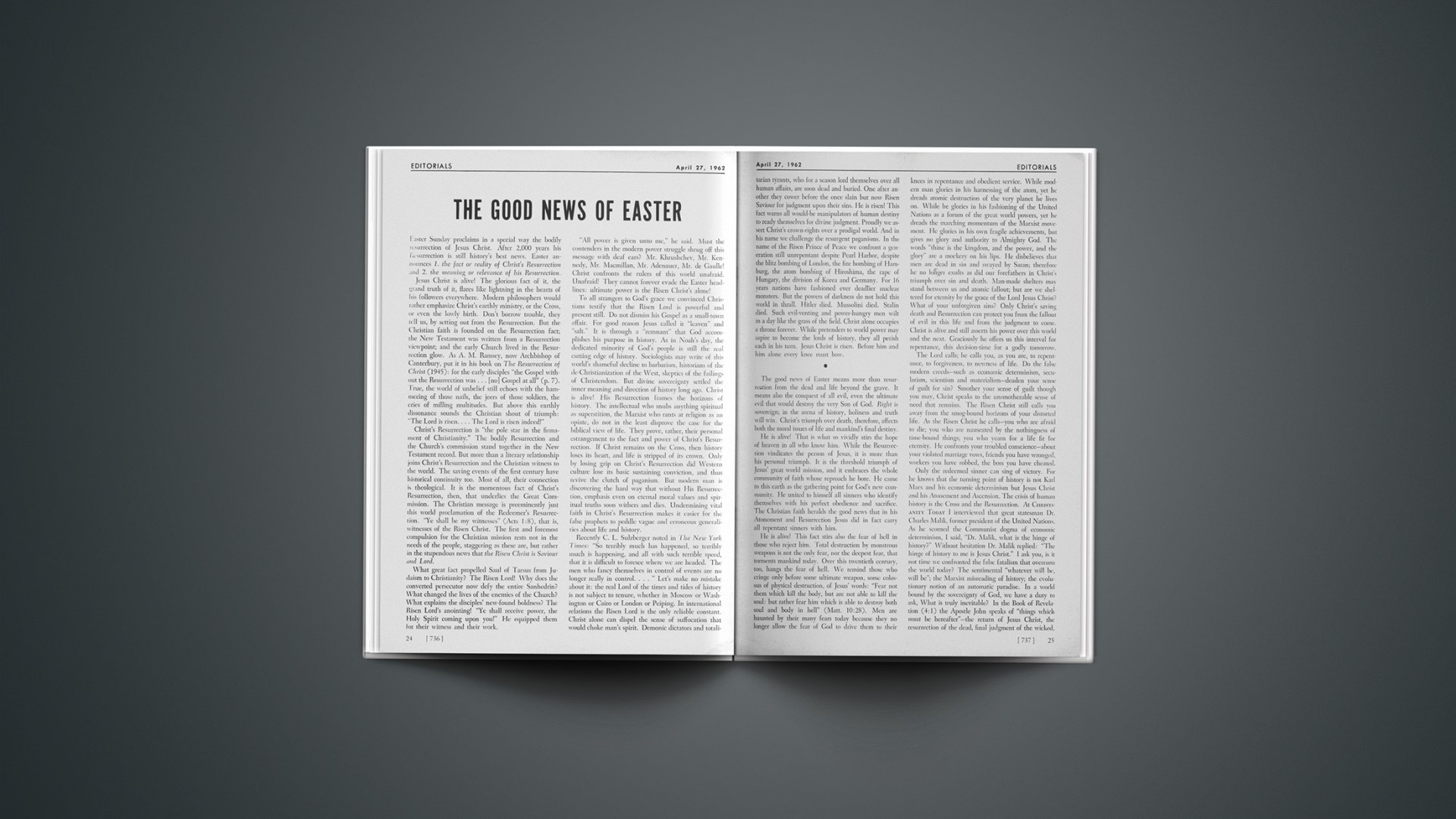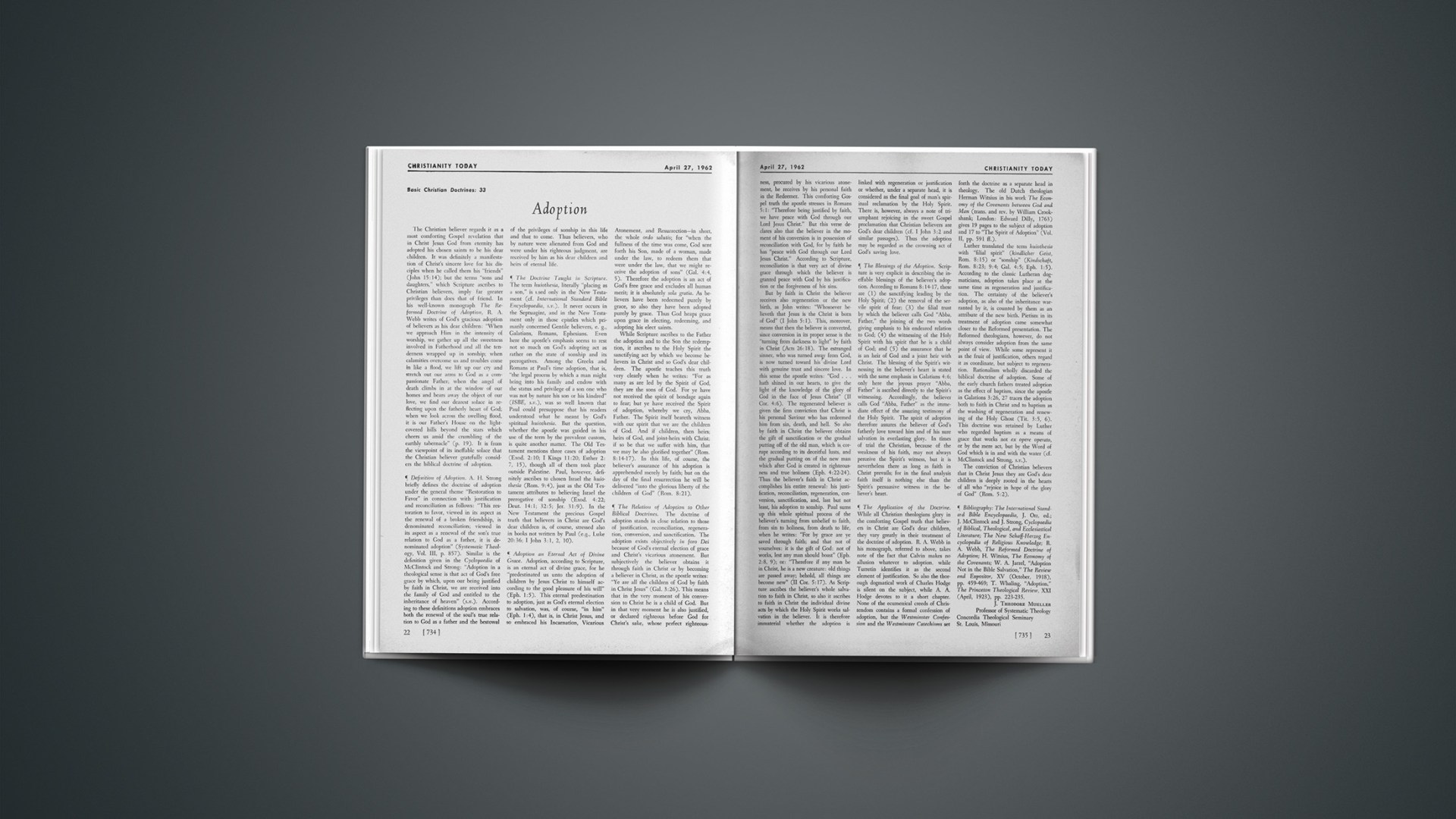RONALD C. DOLL1Ronald C. Doll at the recently chartered City University of New York is organizing a doctoral program in administration and supervision of elementary and secondary schools. Formerly Professor of Education at New York University, he holds the B.A., M.A., and Ed.D. degrees from Columbia University.
How are adolescents changing with the times? At New York University in 1960, Merrill Harmin defended his doctoral dissertation on the intriguing title “Have Adolescents Changed?” Harmin observed that between 1946 and 1956 adolescents had gained in knowledge, curiosity, understanding of other persons, occupational certainty, political insight, and interest in acquiring an education. However, they had demonstrated more concern for present than for future; more relationships with peers, and a greater conformity to standards of these age mates; less respect for adults; more cynicism about their role in improving society; less patience for being alone, and correspondingly greater desire to be with the crowd; more tendency to differentiate among social classes; and more anxiety.
Only perennial attackers of the young will rejoice at these words. One can hear them say, “We told you so. Young people in our day were superior.” Actually, across a wide range of characteristics, the generations show marked similarity, and any unfortunate differences may be attributed chiefly to those of us who have lived long enough to help mold our materialistic civilization.
But what shall we say of American youth at midcentury? We may be sure that they possess much knowledge. Most parents realize that when they themselves were young, they knew less. Test statistics tend to support this realization. For several reasons, of course, today’s youngsters should know more. Exactly as Daniel prophesied, knowledge is steadily increasing while many run to and fro. Schools are offering varied experiences in breadth, and some experiences in depth. The printed word surrounds us, and it is continuously augmented and reinforced by television, radio, motion pictures, and other mass media. Never in the history of the world has there been so much information. However, a hard truth in 1962 is this: young people between the ages of 12 and 25 have more knowledge than youth have had in any previous generation, but they are somewhat lacking in wisdom. They have the facts, but they don’t know what to do with them.
Lack Of Spiritual Dimension
Unfortunately, the information the young possess does not substitute for wisdom. Most youth today have contact with some human wisdom but with little of the wisdom that comes down from above. How could they when the schools are secularized, the home has no altar, and the church has too frequently lost its message? The consequence, now and in the future, is almost certain to be a generation that knows not what it believes, that lacks valid principles against which to make life’s decisions, and that has no enduring, central core of values.
A dozen pieces of recent inquiry tend to support these statements. A review of four representative ones appears below:
1. In 1957, Philip Jacob, writing in Changing Values in College, reported that American college students showed marked uniformity; that three-fourths of them were “gloriously contented” with things as they were; that they aspired mostly to material gratification; that they fully accepted the conventions of their society; that they believed in sincerity, honesty and loyalty, but winked at moral laxity; that they were well informed; and that they expressed hollowly their need for “religion.”
2. At about the same time, Gillespie and Allport published a study of the values of college youth in ten nations. They found American students, in comparison with their foreign counterparts, frank, open, unsuspicious, and cooperative, but self-centered, passive, and unadventuresome.
3. George Gallup and Evan Hill, who discussed the “cool generation” in The Saturday Evening Post (Dec. 30, 1961, issue), concluded that “the largess of the father has weakened the son.” Of the 3,000 young people between 14 and 22 who were questioned in a lengthy Gallup Poll, most appeared to be knowledgeable, pampered houseplants. The American youth, say Gallup and Hill,
is a reluctant patriot who expects nuclear war in his time and would rather compromise than risk an all-out war. He is highly religious yet winks at dishonesty. He wants very little because he has so much and is unwilling to risk what he has. Essentially he is quite conservative and cautious. He is old before his time; almost middle-aged in his teens.
While he has high respect for education, he is critical of it—as he is about religion—and he is abysmally ignorant of the economic system that has made him what he is and of the system that threatens it. [Certainly this is a major deficiency in his knowledge.]
In general, the typical American youth shows few symptoms of frustration, and is most unlikely to rebel or involve himself in crusades of any kind. He likes himself the way he is, and he likes things as they are.
4. Major Mayer, of the United States Army’s special psychiatric study, has reported in speeches in many American cities the tragic yielding of American prisoners of war to Communist brainwashing during the Korean conflict. His statistics are appalling: only 5 per cent of the American prisoners genuinely resisted brainwashing; the 5 per cent were almost uniformly of strong religious faith or of thorough, values-oriented education; the Turkish prisoners, who seemed to know what they believed and what they stood for, had the best record for staying alive under adverse conditions; and a higher percentage of Americans simply lay down and died in the prison camps of North Korea than had given up their lives as prisoners in any of our previous wars since the days of the disease-ridden American Revolutionists. According to Mayer, “give-up-itis” resulting in death occurred without medical cause. Numerous additional prisoners, lacking built-in values and principles to counter it, yielded to gentle, clever onslaughts of Communist propaganda.
The Need Of Regeneration
These studies show that our young people know many things about their world, have certain commendable attitudes, and, to a degree, exhibit signs of mental health. Running through the findings, however, is a disturbing sense of youth’s uncertainty, its lack of real purpose, and its failure to fix upon a core of life meanings. When young Americans view standards of behavior relatively; when they feel contented with themselves and the present condition of their world; when they wink at moral laxity; when they show themselves to be self-centered and materialistic; when they readily yield to Communist propaganda, they need regeneration. Merely “growing up” will not satisfy their needs when the growing must be done in the midst of a sick society.
The sickness of our society is manifested in the failure of our people to interfere with physical attacks on defenseless persons in public places, while observers say, “It is none of our business.” The sickness is manifested further in a view commonly held by foreigners that our chief export is advocacy of sin, especially in the form of salacious literature and suggestive motion pictures. Youth who are already confused about their values and beliefs find damaging experiences increasingly available to them. Adolescents easily enter motion picture houses that show pictures “for adults only.” In many public and private schools, our young people are being invited to read material like J. D. Salinger’s Catcher in the Rye and his Franny and Zooey, novels that have attained first place on the best-seller lists and are being acclaimed as excellent modern literature. Disoriented modern youth are finding in this “literature” enough perversions to disorient them further. The perversions are spiced with interesting, simple, profane language:
“Let’s go, chief,” old Maurice said. Then he gave me a big shove with his crumby hand. I damn near fell over on my can—he was a huge sonuvabitch. The next thing I knew, he and old Sunny were both in the room. They acted like they owned the damn place.…” (From J. D. Salinger, Catcher in the Rye, Signet Paperback Edition, p. 93).
The Attack On Christianity
The average college bookstore contains books attacking Christianity, Judeo-Christian traditions, and American institutions. The total effect on the young person who lacks belief and commitment is a willingness to accept and act upon those values to which he has been exposed most recently. Evil begins to resemble good, and black soon looks like white. Uncertainty and laissez-faire become pervasive attitudes. After a while, the youth says to himself and others, “Isn’t everything relative? Why shouldn’t I roll with the moral and ethical tide? What can I be sure of, anyway?”
We cannot expect American youth to develop valid beliefs and values fortuitously. Young people will never get what they need from the trash they are viewing and reading. Nor will they find appropriate beliefs and values in the great literature of the ages, Messrs. Hutchins and Adler notwithstanding. They must find them exemplified in the lives of parents, teachers, and church leaders who know Christ and who endure the test in times of ethical and moral crisis. They are sure to find them in the Word, which is still a light unto man’s path and a lamp unto his feet. If they are Christians, they will be guided by the Holy Spirit.
The Need Of Wisdom
The Bible makes a distinction between knowledge and wisdom. It upholds knowledge as a necessity for man’s functioning, but it identifies the acme of human functioning as the wisdom of Solomon. Solomon knew a great deal, but, more significantly, he had the God-given power to organize his knowledge for decision-making about the crucial issues of life. The Bible says that fear of the Lord is wisdom, that divine wisdom stands preeminently above the wisdom of men, and that prayer serves as a spiritual pipeline through which we have access to the source of ultimate wisdom. In these terms, the dictionary definition, “ability to judge soundly and deal sagaciously with facts,” takes on special meaning.
In our own day, something definite and concerted must be done to strengthen and coordinate the work of church, home, and school in rebuilding beliefs and values. Too many of us are already standing for nothing and falling for everything. In our desire not to offend and in our zeal to protect the rights of minorities, we are losing the strength and power of our witness. There is little wonder, then, that in the environment we provide, our children lack the wisdom to make sound judgments and to order their facts for effective decision-making. Somehow we must take positive action to alter the current picture of American youth by changing the influences that makes young people vacillating, uncommitted, and unwise.

